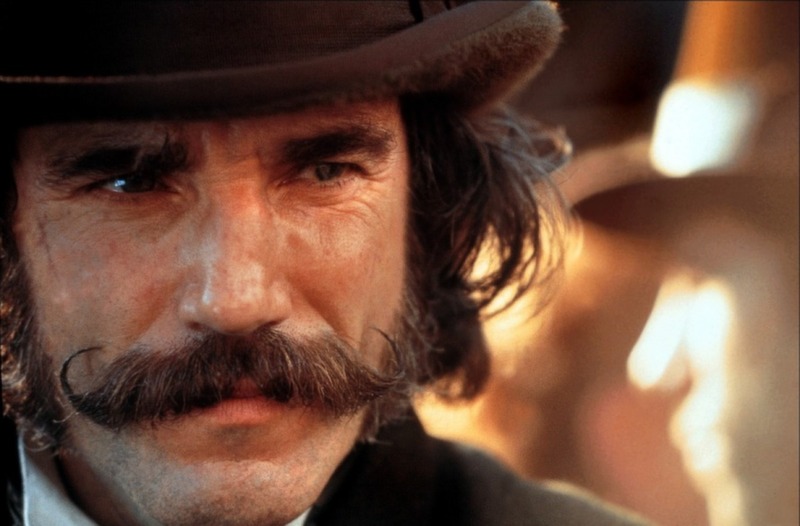The legend of Bill the Butcher has swept the nation and it’s easy to see why this is the case. His story has everything you’re looking for in a good story – politics, crime, gang life, and conflict. This is why it inspired a movie. There is a lot that can be learned from historic legends. Whether good or evil, there is a lot of wisdom that can be found when exploring how some historic figures rose to fame and power – as well as learning from the mistakes of the fallen.
William Poole, also known as Bill the Butcher, was one of the most feared men of his time. Those who followed him loved him and would put their life on the line to impress him. How does one become so influential? Well when it comes to Bill the Butcher, he was a man of action. His threats were never empty and he never did anything half-assed.
William Poole was very involved in the community and in politics and he often chose his words very carefully. Being a person who does not give empty threats means you will be someone who is taken very seriously. This means you will have to always think before you speak and choose your words carefully. After all, threatening to put a stop to someone’s bullying ways is not very noble if you are making assumptions and don’t have your facts straight. Nonetheless, be a man of your word and be a man of action – few things are more respectable than someone who follows that simple principle.
Many people loved and hated William Poole, but the man was respected as much as he was loathed by his opponents. A lot can be learned from the life of William Poole, also known as Bill the Butcher. That being said, here are some interesting tidbits on the life and legend of William Poole.
Bill the Butcher in Gangs of New York
Back in 2002, Martin Scorsese directed the now cult film, Gangs of New York. The movie was written by renowned writers Kenneth Lonergan, Steven Zaillian and Jay Cocks. The movie brings us back to the middle of the 19th century in New York’s Five Points district. The Academy Award winner tells the story of Bill Cutting, also known as Bill the Butcher.

Inspiration for the Character
William Poole served as the inspiration for Bill Cutting’s character. A lot of people were confused because in the movie, Cutting died in 1863 at the New York City Draft Riots. In reality, Poole died 8 years before that.

Who was William Poole?
Legend has it that Poole was the leader of the “Bowery Boys” – a gang of working men in New York City. He’s also a bare-knuckle boxer, or a boxer that boxed without gloves on. He also led the “Know Nothing” movement – a political movement notorious for their anti-Catholic sentiments. They operated under their belief that the country was being overrun by Catholic immigrants.
Poole was actually born outside of New York City. He was born in Sussex County, New Jersey and his family moved to New York City in 1832 when he was 11 years old. They opened a butcher shop and Poole was immediately trained by his father to become a butcher, eventually taking over the shop.
What Led to the Name “Bill the Butcher”?
In addition to literally being a butcher, Poole gained notoriety for his violent acts off the boxing ring. The Bill the Butcher legend grew when he was tagged as one of the primary suspects of the beating of Charles Owens, then bar keeper of the Florence’s Hotel. According to reports, Owens’ face was so beaten badly that his left eye was “completely ruined” and his cheeks were mangled beyond recognition. This was reported in the New York Daily Times.
It also helped that he’s over six feet in height and weighs about 200 pounds – a massive specimen in an age when men were significantly shorter and lighter.
Poole was also an enforcer of the “Know Nothing” political movement and this was shown in the movie, “Gangs of New York”.
Bill the Butcher Dispute with John Morrissey
It’s just fitting that two boxers started their dispute in the boxing ring. Their rivalry actually started from a bet, and legend has it that their dispute started when the match between Morrissey and Yankee Sullivan, the man Poole had a bet on, was disputed.
This led to several exchanges, until both men agreed to fight at the Steamboat Wharf in front of friends, supporters and bettors. It wasn’t your usual boxing fight, and the fact that Morrissey ended up with his eye gouged and his face beaten to a pulp is proof of this.
The Death of Bill the Butcher
Lew Baker issued the revenge for Morrissey by shooting Poole. Poole was shot on February 25, 1855. He died in his home a couple of weeks later on March 8.
